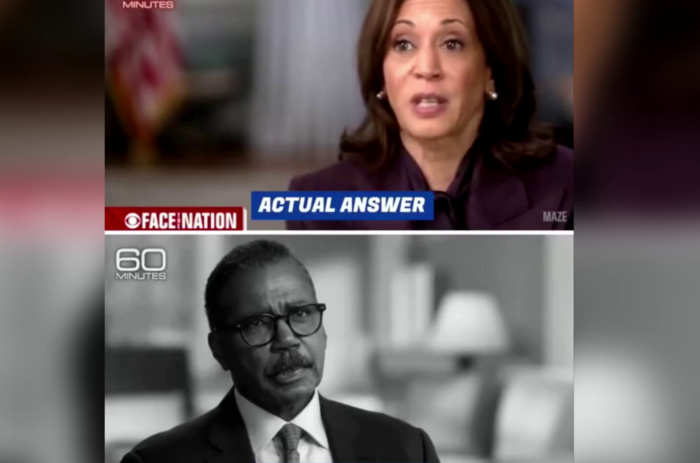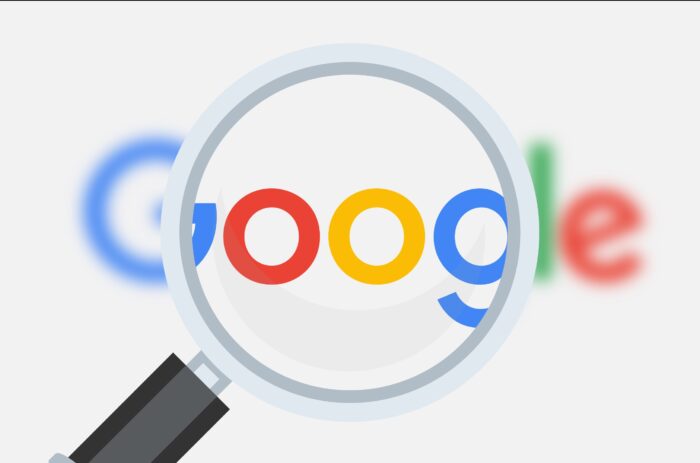redo Jump to...
print Print...
Directions
-Read the excerpt below (from James Taranto's post at opinionjournal.com on 12/8/08).
-Read "Types of Media Bias" in the right column. Then answer the questions.
An Associated Press headline asks, “Blackwater Guards: Mercenaries or Decorated Vets?” The first paragraph, however, asserts as fact that they are decorated vets. [It reads:]
Defense attorneys on Saturday lambasted U.S. indictments against decorated war veterans for deadly 2007 shootings as Iraqis welcomed the charges against five Blackwater guards in a case that fueled anti-Americanism and roiled diplomacy with Baghdad.
The third paragraph reiterates the point: “Each man has received honors for his service in some of the world’s most dangerous places, from Bosnia and Afghanistan to Iraq.”
As for “mercenaries,” they would not seem to fit the dictionary definition, at least the one that applies specifically to the military, to wit: a soldier hired into foreign service. The defendants are all Americans who worked for an American company under contract with the American government.
The subject of the story, then, is not whether they are “mercenaries” or “decorated vets,” but rather that they are going on trial to determine whether they committed crimes. Why couldn’t the AP just write a straight headline making that clear?
Go to opinionjournal.com (and scroll down) for the original post.
To accurately identify different types of bias, you should be aware of the issues of the day, and the liberal and conservative perspectives on each issue.
Types of Media Bias:Questions
1. Why is it important for a headline to accurately describe a news article?
2. Do you think that the AP purposely posted a misleading headline with this article? Explain your answer.
Scroll down to the bottom of the page for the answers.
Answers
1. A headline can greatly influence a reader’s opinion about the news. Most people don’t read every word of every article; they often just skim the headlines. The people who read just the headline got a very different impression from those who read the entire article.
2. Opinion question. Answers vary.



